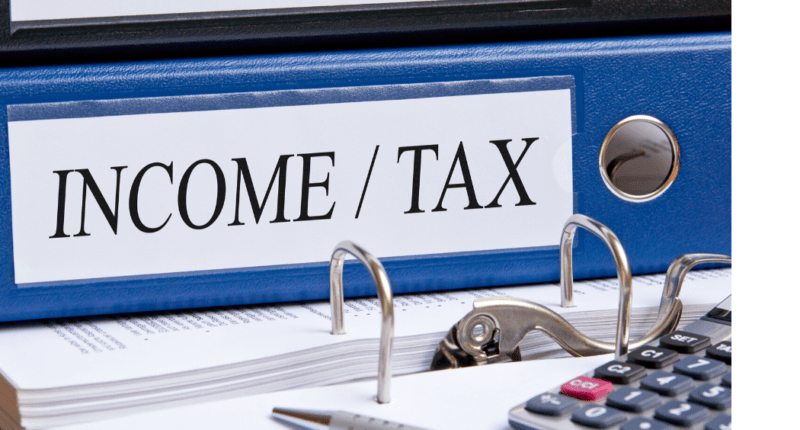The last date of filing income tax returns by individuals (not required to get their books of accounts audited) is extended to 30th September 2021. One should know the seven things to keep in mind before filing the income tax return.
1. Evaluate which tax regime is better: From the financial year 2020-21 onwards, the individuals can choose between the new tax regime, which offers concessional tax rates or continue with the existing tax regime where the taxpayer can benefit from various exemptions and deductions. The individuals with income from salary, capital gains, house property and other sources have the opportunity to switch between the tax regimes every year.
However, individuals with income from business or profession can switch to the new tax regime only once in their lifetime. Hence, the person running a business or a profession should wisely switch to the new tax regime. Every individual opting for a new tax regime for the financial year 2020-21 should not forget to file Form 10IE.
2. Collect and collate information: To know which tax regime is suitable, one should first consolidate all the sources of income and the tax savings made during the year. You may have earned income from the redemption of mutual funds, sale of immovable property or bank deposits, etc. You can summarise your bank transactions of the FY 2020-21 and verify the incomes credited to your bank account and investments made during the year. This method will avoid the chances of underreporting income or making mistakes in claiming the deductions. Also, your income with Form 26AS and reconcile any mismatch in the income or TDS amount.
Also, verify that any self-assessment tax or advance paid for the relevant financial year is reflected in Form 26AS. If the information is incorrect in Form 26AS, reach out to the deductor to correct the same by rectifying the TDS return so that the correct information reflects in your Form 26AS.
3. Select correct ITR form: Selecting the proper ITR Forms is essential for the taxpayers. The government has specified seven ITR forms for FY 2020-21. ITR forms ITR-1, ITR-2, ITR-3 and ITR-4 are applicable for individuals. The taxpayer has to choose the form based on their income and category. If the ITR forms are not selected correctly, the taxpayer may need to file ITR again on the notice from the income tax department.
4. Conditions where the taxpayer has to file the ITR: Many individuals are not required to file the ITR because they are not in the taxable income bracket. However, ITR filing is necessary if they incur any of the following transactions during the financial year-
- Payment of more than Rs 1 lakh electricity bills.
- Deposit of more than Rs 1 crore in aggregate in one or more current accounts of banks or co-operative banks.
- Expenditure of more than Rs 2 lakh on foreign travel for self or others.
5. Verify pre-filled ITR forms: The income tax department has introduced the facility of pre-filing information such as salary income, capital gains, dividends, and other information from Form 26AS. However, one should verify the information and add the information not reported in the income tax return.
6. More than one employer: If you have earned income from more than one employer during the year and missed reporting the previous employer’s income to the current employer, your income will not reflect in your Form 26AS. Hence, do not forget to include the income earned from all the employers in your income tax return. You can refer to Form 26AS and your salary account statement to know the income from salary from the previous employer.
7. Compute and pay tax: Determine your taxable income and compute the tax liability, if any. To avoid a levy of interest, one should pay the outstanding income tax before filing the income tax return. For the individuals with a self-assessment tax liability of more than Rs 1 lakh for the FY 2020-21, the last date to pay tax was 31st July 2021, even if the return filing due date is 30th September 2021.
The taxpayer must adhere to the deadline of filing the income tax return. Otherwise, there are further consequences such as the penalty for late filing of income tax return, interest on balance income tax liability, no carry forward of losses, etc. Hence, one should avoid a last-minute rush and file an income tax return keeping the above-mentioned things in mind.
For any clarifications/feedback on the topic, please contact the writer at namita.shah@cleartax.in

I’m a chartered accountant and a functional CA writer by profession. Reading and travelling in free time enhances my creativity in work. I enjoy exploring my creative side, and so I keep myself engaged in learning new skills.





